The list of voices speaking out against the European Union’s ban on the sale of new piston-powered cars, which is scheduled for 2035, is getting longer. BMW’s CEO recently asked regulators to cancel the ban.
Speaking on the sidelines of the Paris auto show, BMW boss Oliver Zipse argued that forcing carmakers to build exclusively EVs in about 10 years – and consequently forcing motorists to buy exclusively EVs – will make European companies excessively reliant on Chinese firms. Globally, over 80 per cent of the components needed to make lithium-ion batteries (including cathodes and electrolytes) came from China in 2023.

“To maintain the successful course, a strictly technology-agnostic path within the policy framework is essential,” the executive argued. That doesn’t mean he’s pushing for the democratisation of quad-turbodiesel V8 engines. Zipse has previously pointed out that there are other technologies that can help the European Union meet its CO2 targets, including e-fuels and hydrogen. BMW has dabbled in hydrogen powertrains for decades, and it’s currently developing the technology via a joint-venture with Toyota. In 2023, it unveiled the experimental hydrogen-electric iX5 to showcase the drivetrain’s potential.
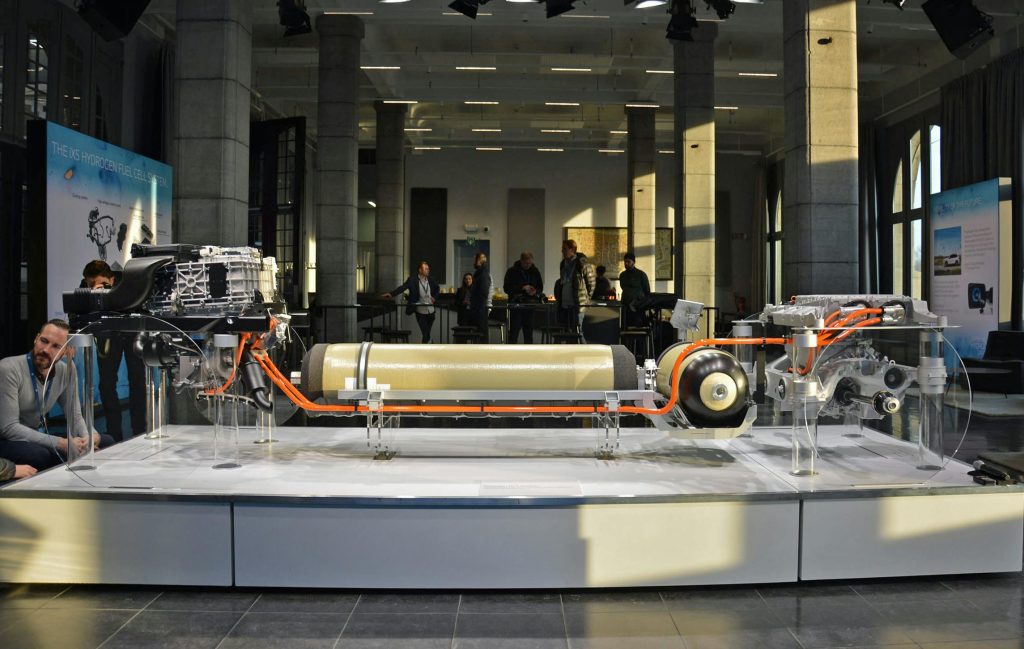
Beyond directly benefiting the Chinese economy, the ban would “lead to a massive shrinking of the [European car] industry as a whole,” Zipse noted during the same speech. This isn’t the first time BMW’s CEO has voiced these concerns, and he previously told Automotive News Europe (subscription required) that there’s another significant factor often overlooked in this discussion: market demand.
“Something that’s not taken into account [is] that it’s the free decision of millions of customers. It’s not just like the energy infrastructure, where you can switch something off and then something else happens automatically.” Some executives and politicians worry about a “Havana effect,” where drivers would go to significant lengths to keep an older, non-classic car on the road to avoid having to buy an electric model.
Several other industry leaders have spoken out against the ban. In July 2024, Renault CEO Luca de Meo asked for “a little more flexibility in the schedule.” He said dropping the ban would be a mistake, however.
Toyota chairman Akio Toyoda has previously made damning remarks: In December 2020, the head of the world’s biggest car company warned that banning the internal combustion engine would cause “the current business model of the car industry to collapse” and take with it millions of jobs around the world. He added that banning the internal combustion engine risks making car ownership “a flower on a high summit,” meaning out of reach for many drivers, in reference to the higher cost of buying an EV.
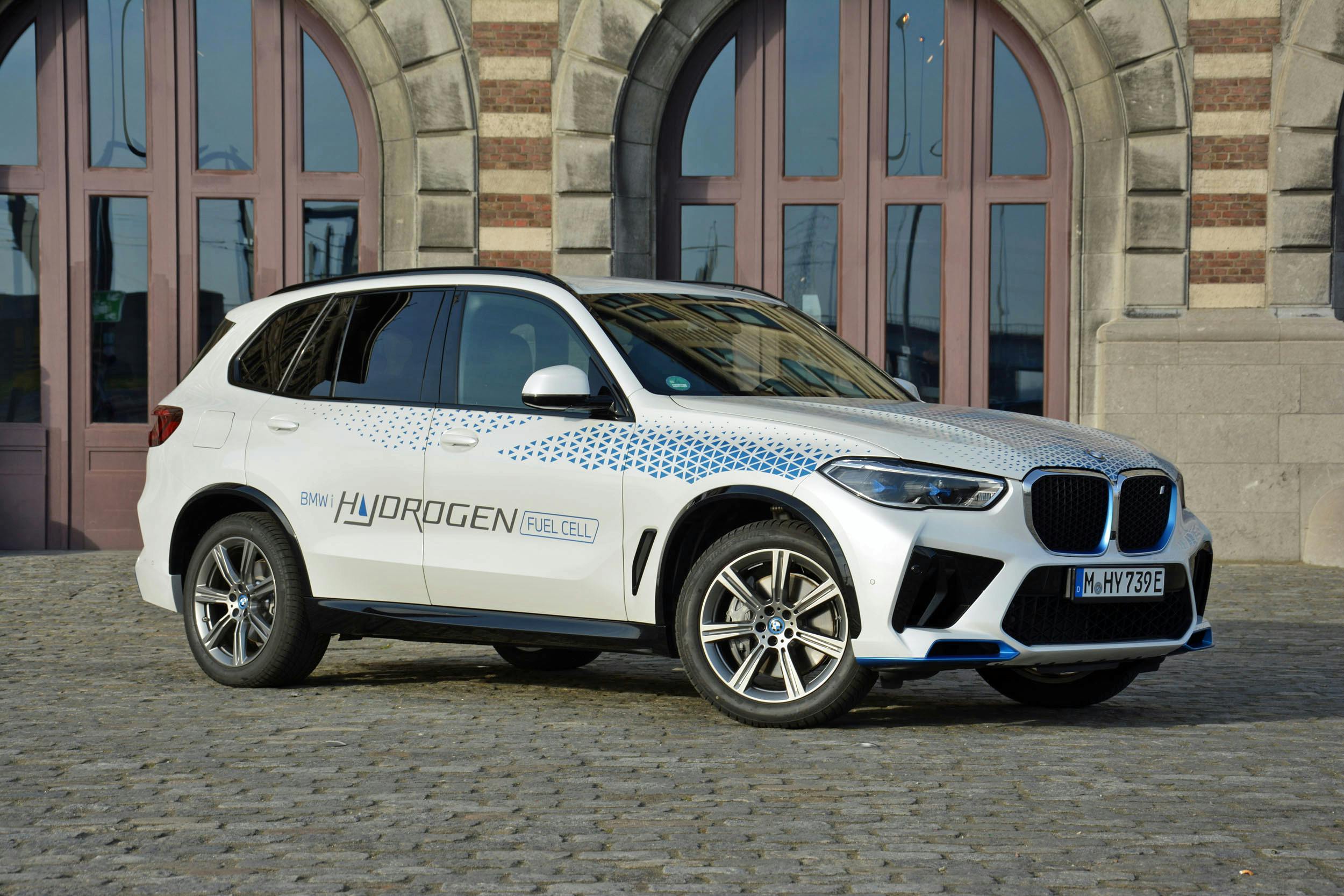
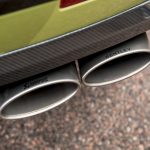
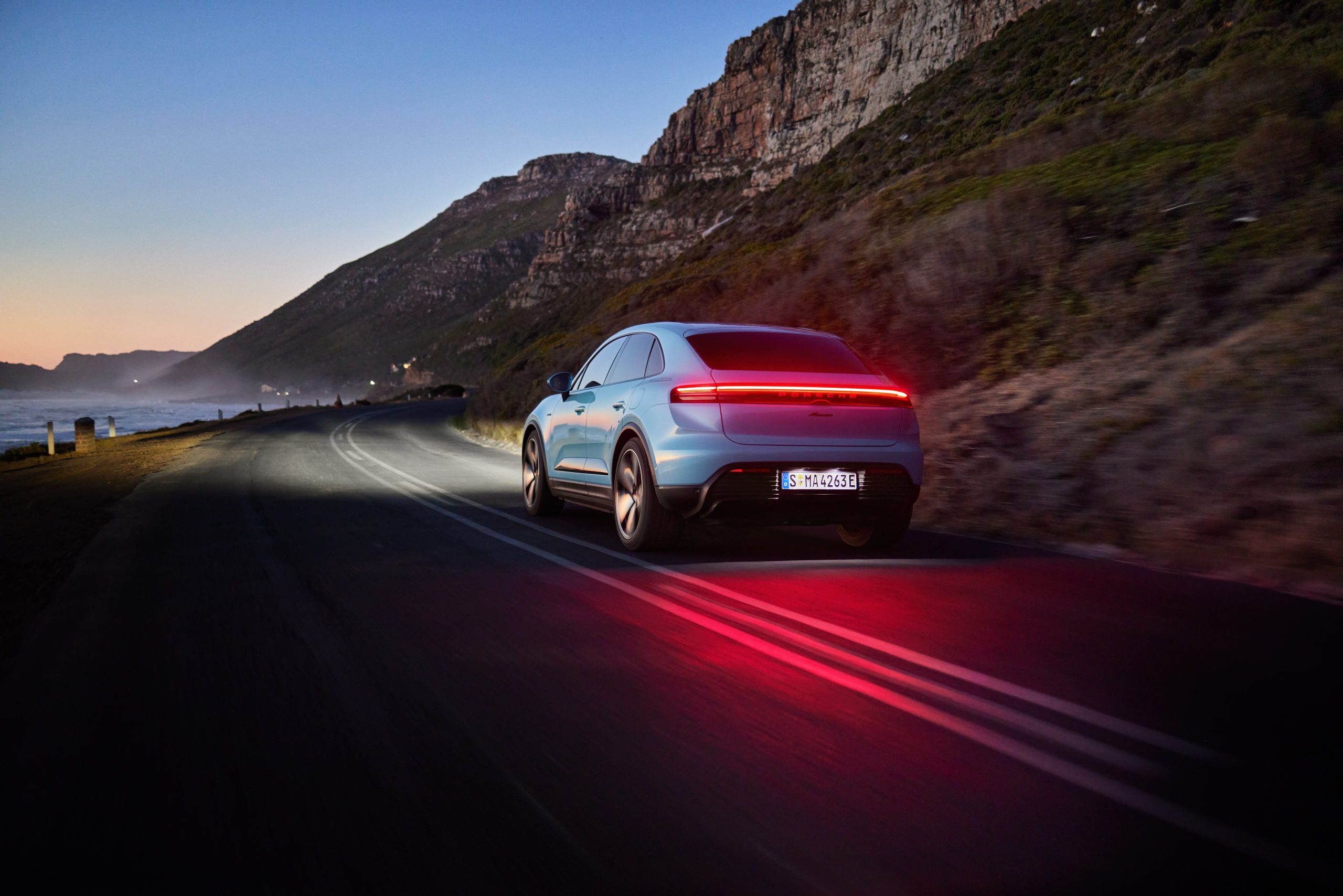
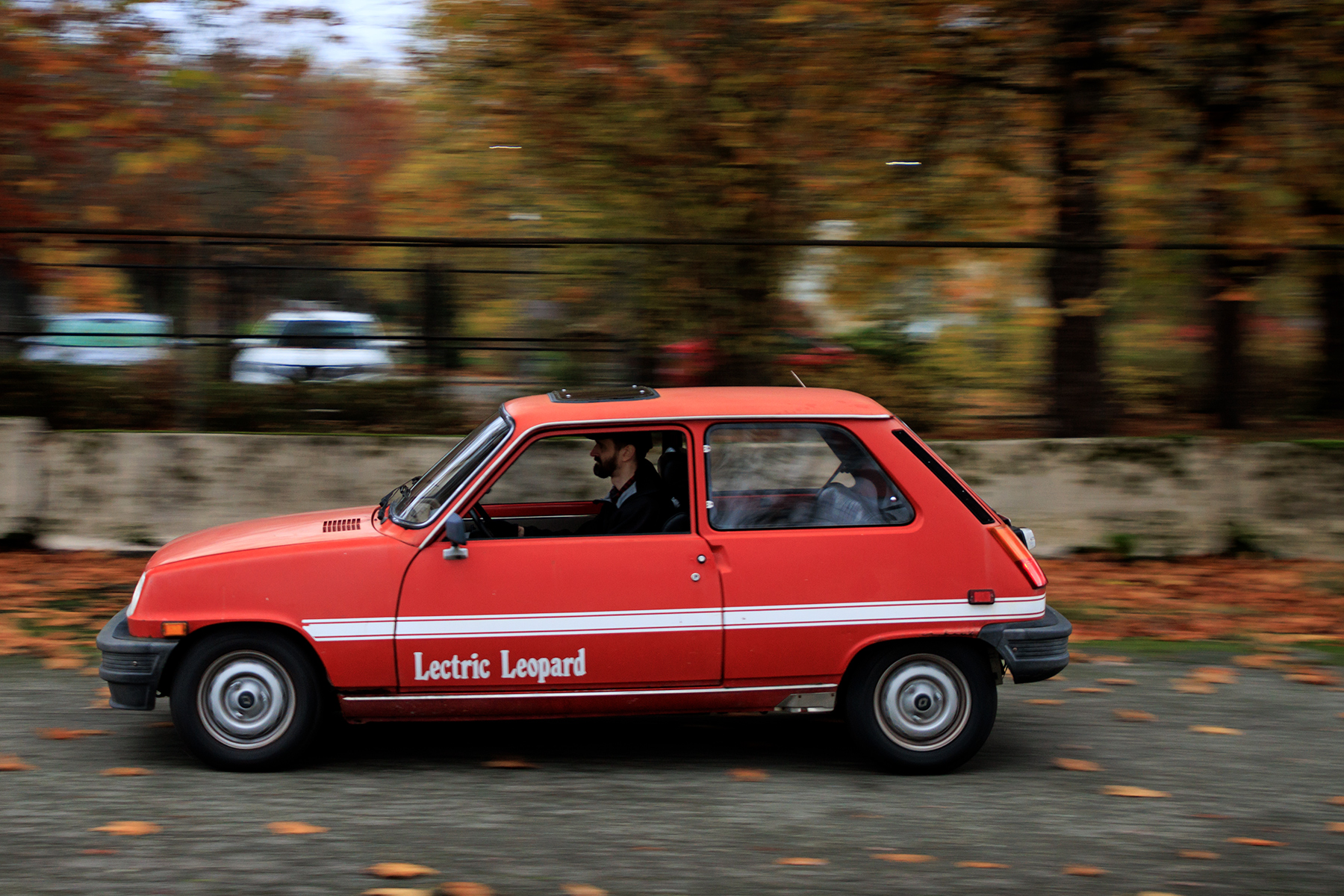
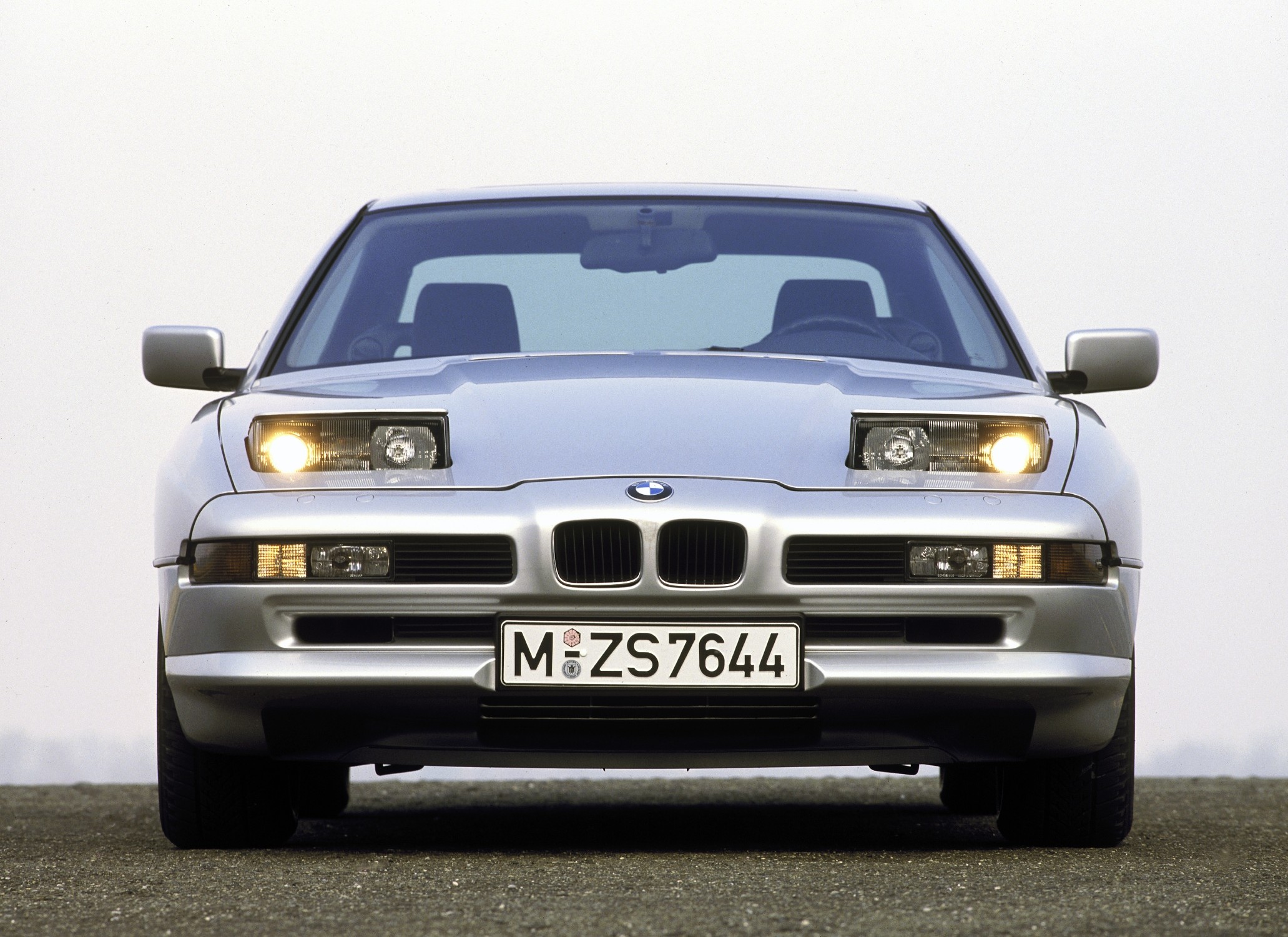
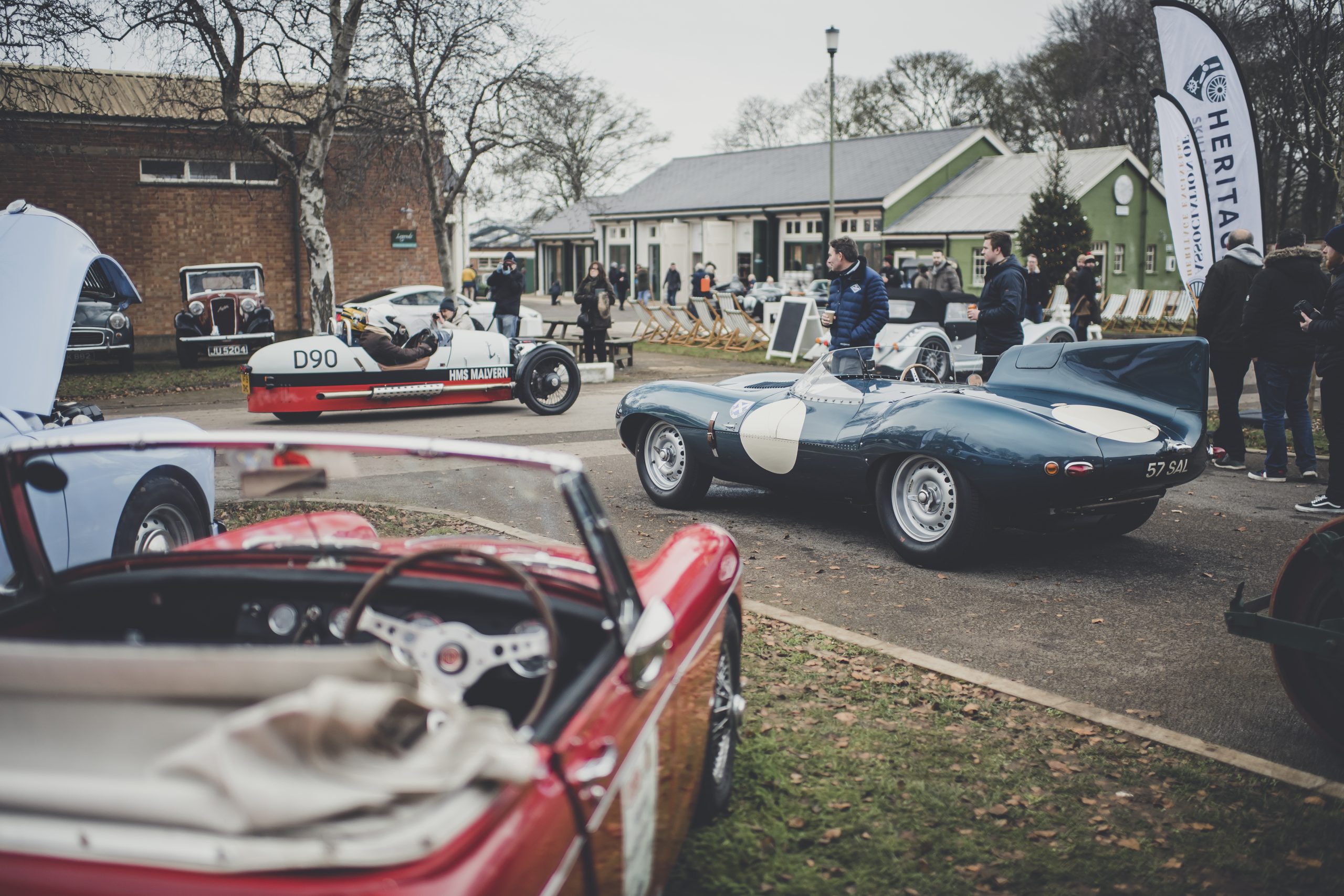
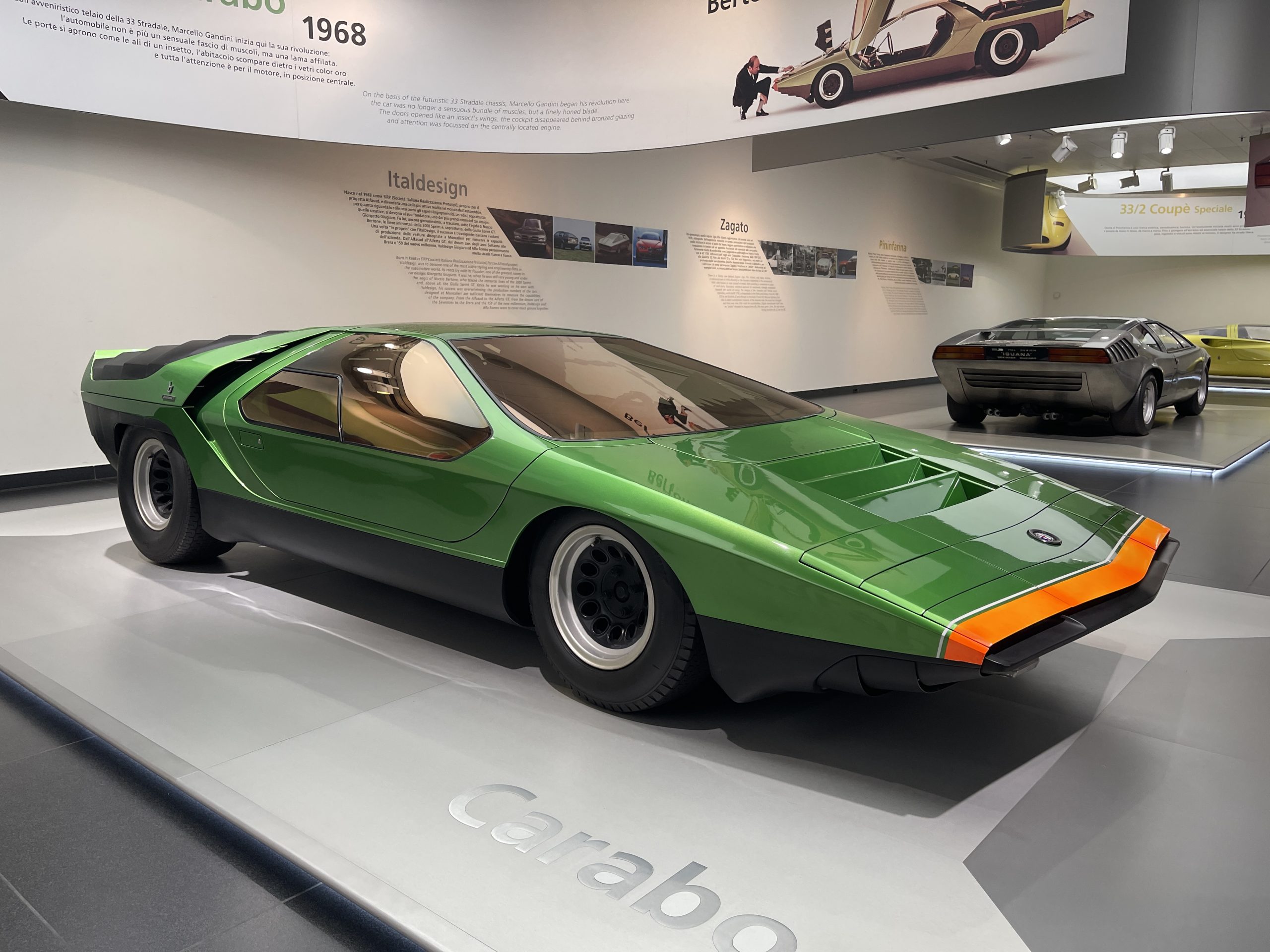
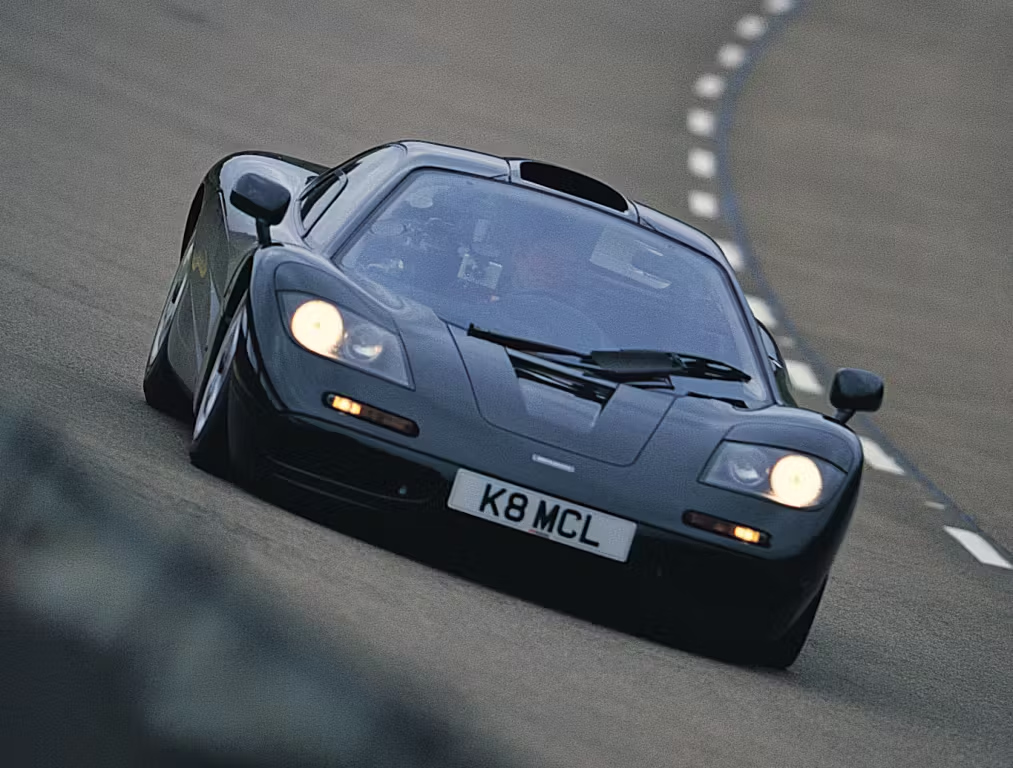

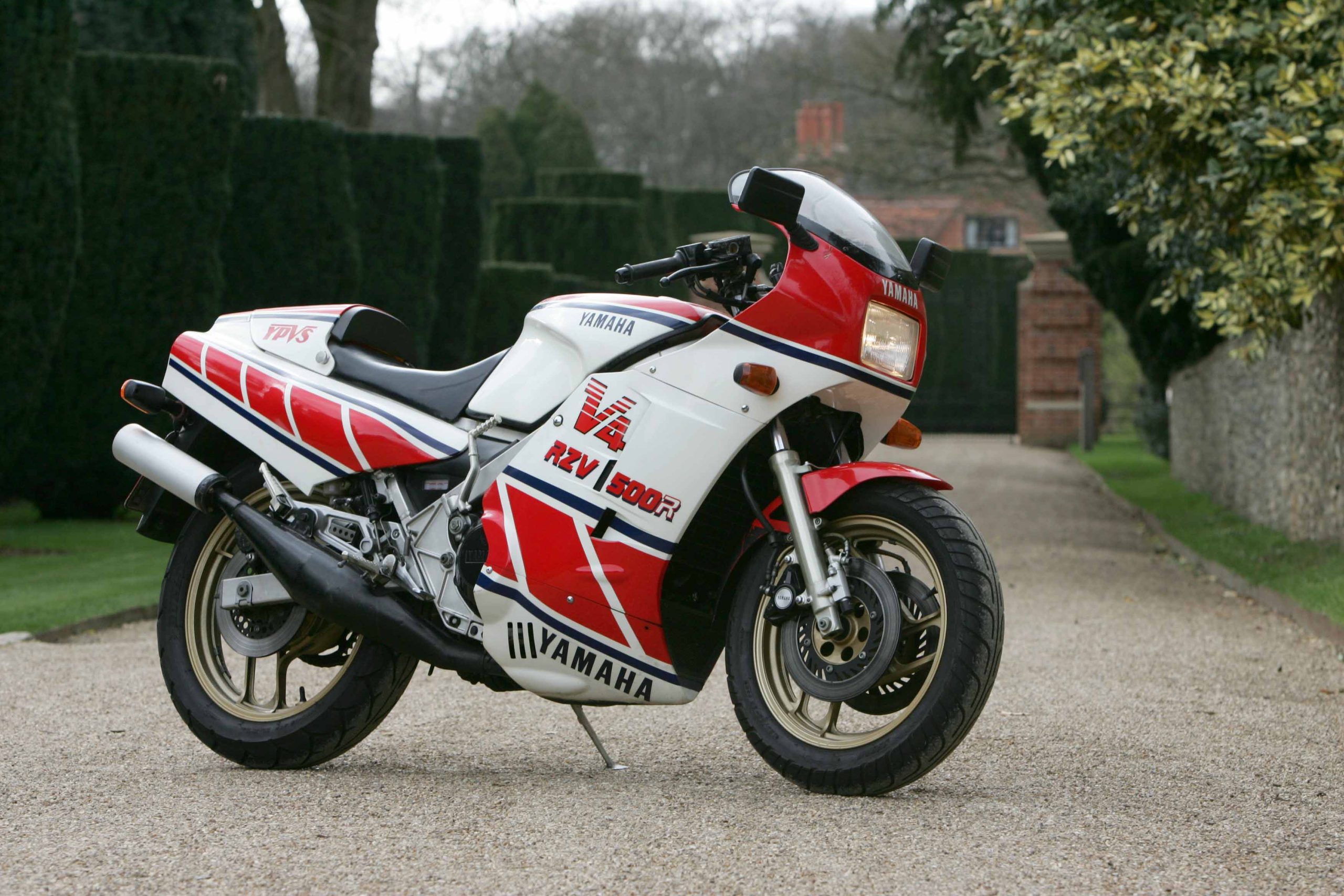
Better still, scrap Net Zero and CO2 targets as clearly it’s all one almighty scam to stop us driving!
Very many people will still not be able to afford an EV.
Then there are those that cannot justify the expense.
And of course, the way things are currently going, the UK will no longer have a stable electrical network to able to keep the lights and heating on, let alone charge EV’s.
Trevor, you are absolutely correct. The ridiculous thing is that an adoption of hydrogen and / or synthetic fuels would eliminate all of the issues associated with current EVs. Trouble is the Ludites or should I say those with a vested interest in this doomed battery technology would instantly loose out massively ( as if they’re not going to ultimately) therefore government and industry has to carry on flogging this dead horse for as long as they possibly can by way of desperate legislation and financial enforcement.
I applaud BMW’s stance on looking at alternative power trains. EV’s are NOT the way forward and we’re being falsely lured by environmentalists working with government to move to a relatively total EV situation. EV vehicles are not environmentally friendly when the total CO2 cycle is looked at including the manufacture of all the components to make them, it is in fact more environmentally friendly to continue to run older cars rather than continually replace them with new. EV’s have poor range and people are getting fed up that the infrastructure for charging them is woefully inadequate in the UK and will be for years to come. The additional weight of an EV because of its extremely heavy battery load is damaging our roads more than realised causing the pot hole problems we have and councils with inadequate funds to repair them. Alternative and sustainable fuels with the use of ICE’s must continue, certainly for rural areas where there is no public transport or EV infrastructure.